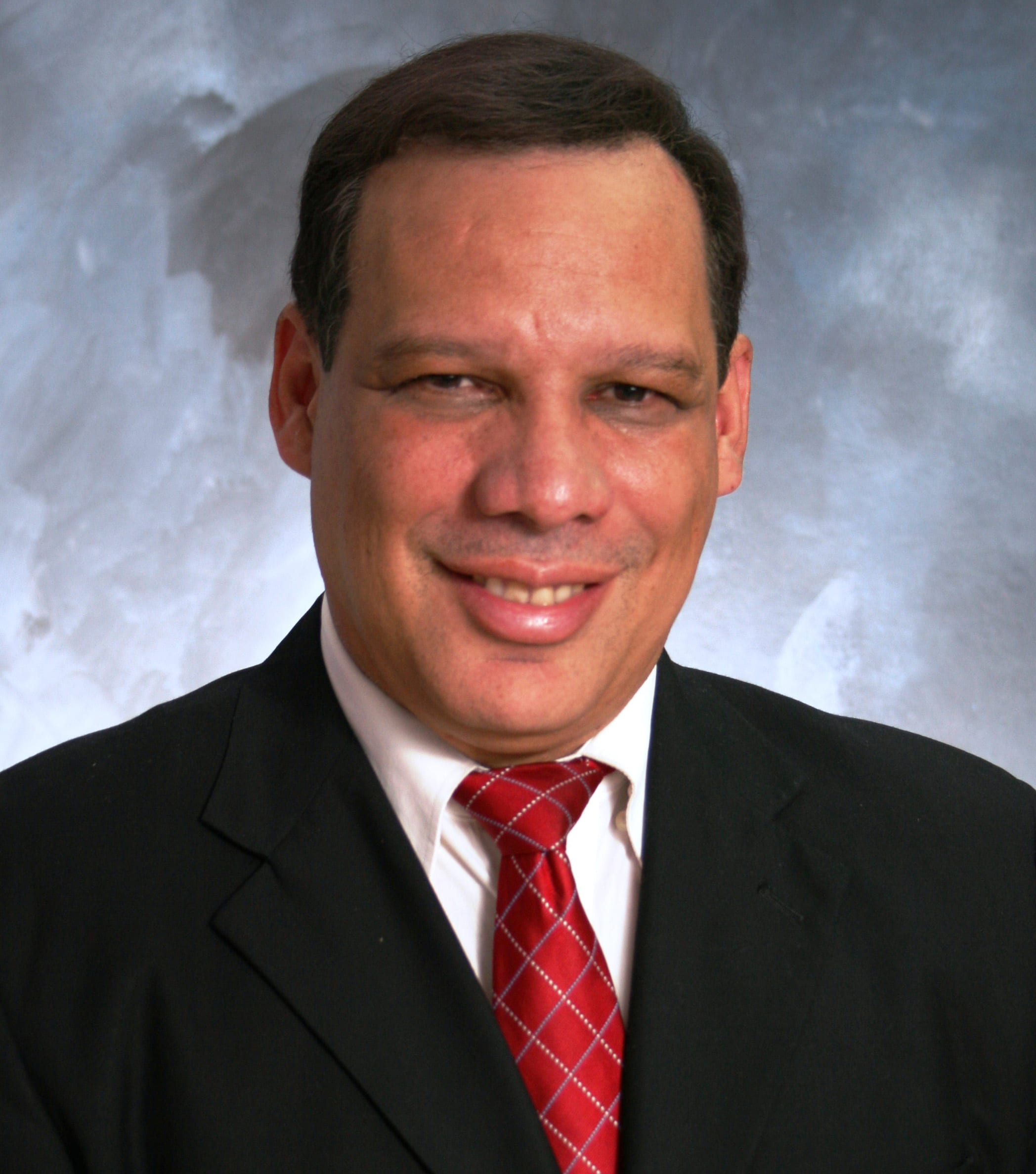Epigraph Vol. 12 Issue 3, Summer 2010
The Honduras Neurology Training Program: A World Federation of Neurology Pilot Program

Neurology education in developing countries represents a challenge due to the myriad of socioeconomic and structural problems these countries are facing, including poor organization of established CME, limited access to educational and reference sources (libraries, Internet, journals, books, etc) and technical or financial difficulties in attending educational activities (1). Another major barrier to quality care for patients with neurological disorders in developing countries is a low ratio of neurologists to inhabitants. At present, the World Health Organization recommends one neurologist per 100,000 (2, 3).
Neurology education must be tailored for each country or region. The educational needs of developing countries are not satisfied with programs established for industrialized nations, and education programs must be organized around the individual epidemiological profile (1-3).
A number of strategies can be implemented in order to improve neurology education in developing countries, but the first step must be the evaluation of the profile of the neurological conditions and healthcare resources in each country. Such necessary data include demographic data, the availability of healthcare, the number of physicians and neurologists per capita, the epidemiologic profile of neurological diseases, the existence of neurology training programs and the existence of CME and/or periodic accreditation programs.
In 1998 Honduras had one neurologist per 325,000 inhabitants and all the neurologists were trained outside the country. The Education Committee of the World Federation of Neurology (WFN), in collaboration with the Postgraduate Direction of the National Autonomous University of Honduras, the Honduran Neurological Association, and the Honduran Secretary of Health helped establish the country's first Neurology Training Program in 1998. This program was established using a problem- and epidemiological-oriented methodology with oversight by an external WFN review board. By 2010 the program has resulted in a 50% increase in the national neurologist to inhabitant ratio, significantly improving the quality of patient care and promoting research in the neurosciences. The development of the Honduras Neurology Training Program may provide a valuable model for other developing countries with similar needs for neurological care. Based on this Honduras experience, members of the Education Committee of the WFN have established guidelines for neurology training programs in developing countries (2).
The Honduras Neurology training program has celebrated its 10-year anniversary. The results have been dramatic. The Neurology Department has become recognized as one of the best departments in the medical center and in Central America. A neuroscience PhD program is being developed. Importantly, every graduate of the neurology training program has stayed in Honduras. The program is attracting the better medical school graduates. Cities of secondary size are getting well-trained neurologists for the first time. Outcome assessment has shown, for example, a dramatic reduction of deaths from status epilepticus. A vigorous stroke prevention program has been initiated. Preventive programs for neurocysticercosis, a scourge of the country, are beginning to show results (2). Importantly, neighboring countries have begun to ask for similar help from the WFN.
As the ILAE considers the development of epilepsy programs and expertise in countries where the need is great but the resources limited, it may be important to take lessons from the Honduran experience in the development of expertise locally. The key elements are the national recognition of need, a careful assessment of the local issues and resources, taking the initiative by national medical community and some advice and support from organizations outside the country in the early phases of program development. The approach that we have developed in Honduras may be the means for developing sustainable specialty care in countries in which epilepsy care is quite limited.
References:
- Medina MT, Munsat T. Continuing medical education in developing countries. J Neurol Sci 2001;190:1–2.
- Medina MT, Munsat T, Portera-Sanchez A, et al. Developing a neurology training program in Honduras: a joint project of neurologists in Honduras and the World Federation of Neurology. J Neurol Sci 2007;253:7–17.
- Munsat T, Aarli J, Medina M, Birbeck G, Weiss A. International Issues: educational programs of the World Federation of Neurology. Neurology 2009 Mar 10;72(10):e46-9.
Marco T Medina, MD
3rd Vice President, ILAE and Dean, School of Medical Sciences, National Autonomous University of Honduras, Tegucigalpa, Honduras
Subscribe to the ILAE Newsletter
To subscribe, please click on the button below.
Please send me information about ILAE activities and other
information of interest to the epilepsy community